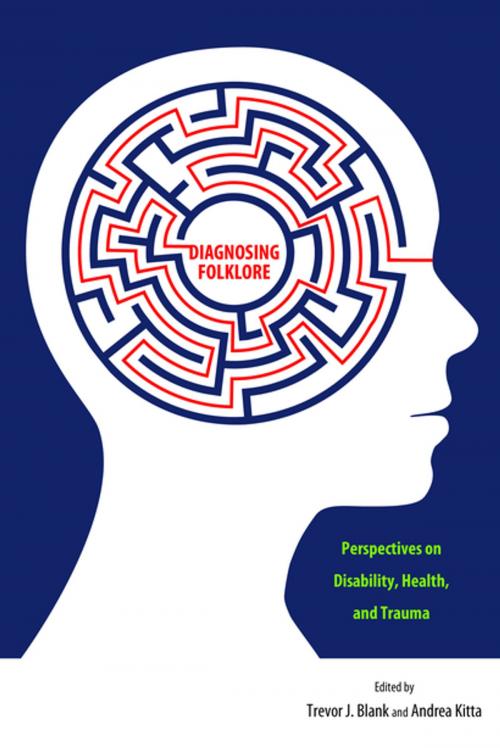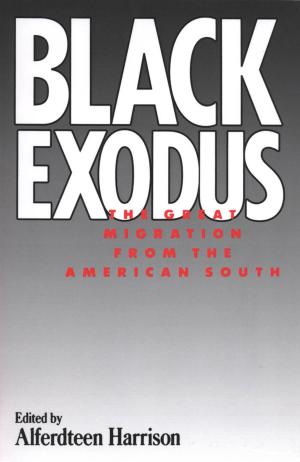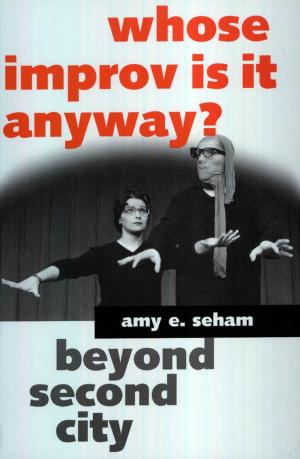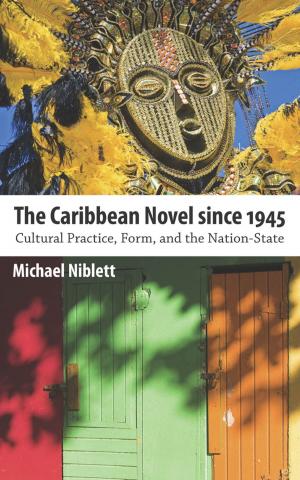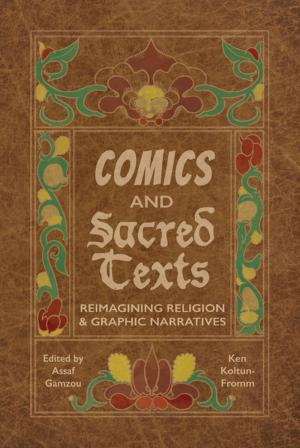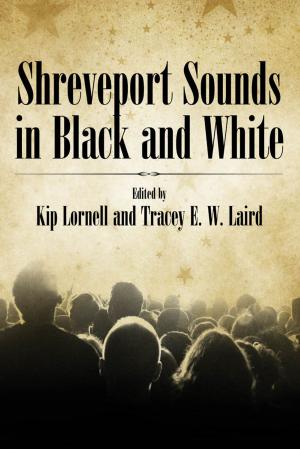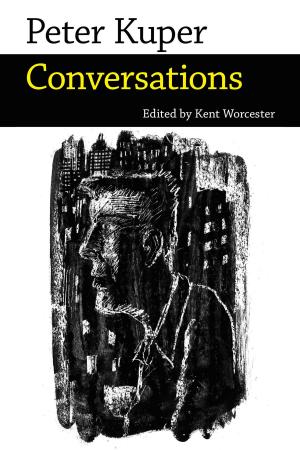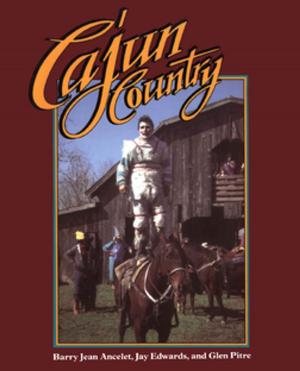Diagnosing Folklore
Perspectives on Disability, Health, and Trauma
Nonfiction, Social & Cultural Studies, Social Science, Disability, Health & Well Being, Health, Health Care Issues, Folklore & Mythology| Author: | ISBN: | 9781496804266 | |
| Publisher: | University Press of Mississippi | Publication: | October 12, 2015 |
| Imprint: | University Press of Mississippi | Language: | English |
| Author: | |
| ISBN: | 9781496804266 |
| Publisher: | University Press of Mississippi |
| Publication: | October 12, 2015 |
| Imprint: | University Press of Mississippi |
| Language: | English |
Diagnosing Folklore provides an inclusive forum for an expansive conversation on the sensitive, raw, and powerful processes that shape and imbue meaning in the lives of individuals and communities beleaguered by medical stigmatization, conflicting public perceptions, and contextual constraints. This volume aims to showcase current ideas and debates, as well as promote the larger study of disability, health, and trauma within folkloristics, helping bridge the gaps between the folklore discipline and disability studies.
This book consists of three sections, each dedicated to key issues in disability, health, and trauma. It explores the confluence of disability, ethnography, and the stigmatized vernacular through communicative competence, esoteric and exoteric groups in the Special Olympics, and the role of family in stigmatized communities. Then, it considers knowledge, belief, and treatment in regional and ethnic communities with case studies from the Latino/a community in Los Angeles, Javanese Indonesia, and Middle America. Lastly, the volume looks to the performance of mental illness, stigma, and trauma through contemporary legends about mental illness, vlogs on bipolar disorder, medical fetishism, and veterans' stories.
Diagnosing Folklore provides an inclusive forum for an expansive conversation on the sensitive, raw, and powerful processes that shape and imbue meaning in the lives of individuals and communities beleaguered by medical stigmatization, conflicting public perceptions, and contextual constraints. This volume aims to showcase current ideas and debates, as well as promote the larger study of disability, health, and trauma within folkloristics, helping bridge the gaps between the folklore discipline and disability studies.
This book consists of three sections, each dedicated to key issues in disability, health, and trauma. It explores the confluence of disability, ethnography, and the stigmatized vernacular through communicative competence, esoteric and exoteric groups in the Special Olympics, and the role of family in stigmatized communities. Then, it considers knowledge, belief, and treatment in regional and ethnic communities with case studies from the Latino/a community in Los Angeles, Javanese Indonesia, and Middle America. Lastly, the volume looks to the performance of mental illness, stigma, and trauma through contemporary legends about mental illness, vlogs on bipolar disorder, medical fetishism, and veterans' stories.
